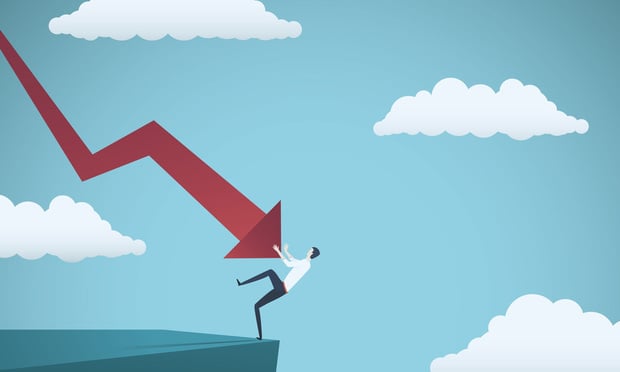 Home sales in Los Angeles slowed down at the end of the year, causing rippling concern throughout the market that it could be the precursor of a recession. However, Brett Miller, a real estate agent at Nourmand & Associates, says that concerns are greatly exaggerated. Instead, he points to the strong and diverse economy and conservative lending practices to support an healthy housing market, rather than one on the brink of a bust or bubble.
Home sales in Los Angeles slowed down at the end of the year, causing rippling concern throughout the market that it could be the precursor of a recession. However, Brett Miller, a real estate agent at Nourmand & Associates, says that concerns are greatly exaggerated. Instead, he points to the strong and diverse economy and conservative lending practices to support an healthy housing market, rather than one on the brink of a bust or bubble.
“The previous crash was fueled by a wave of risky lending. Borrowed money being used for down payments, lenders didn't require proof of income, etc. I believe the risk of a crash from over borrowing is minimal for obvious reasons such as tightening lending standards and qualifications,” Miller tells GlobeSt.com. “Today, the local economy is diverse and despite concerns over trade wars with China economic indicators remain strong and positive. Economists do expect an economic down turn in 2020 as interest rates rise and stimulus from President Trumps tax cuts and increased federal spending fade. That doesn't have to lead to a housing bust.”
Despite the slow down in home sales in Los Angeles, Miller says that there remains strong demand for housing and homeownership. He expects that demand will remain healthy due to the shortage of housing. “With extra economic activity spawned by housing construction and household formation, there is upward price pressure and the US economy as a whole is booming and we could be looking at an even longer run of economic prosperity,” he explains. “The shortage of housing and new construction units means prices still prevail in California for 2019.”
But, if demand is so strong, why are housing sales slowing in the market? Well, upward pricing has been responsible for the stalled sales activity, along with rising interest rates. “As people continued to flock to Los Angeles, median prices rose, and with no end in sight to the boom, you could sell your home above its real value. Over time, this market mindset has conditioned many sellers to think their overpriced home will always sell for 10%-15% more than the listing price with little improvements justifying that price,” Miller explains.
In addition, buyer economic sentiment is shifting, and no one wants to buy a home at the top of the market. “There are cautious buyers who have read about the housing bubble and have decided to sit tight in their situation. In the market upswing over the past several years, every property was selling, regardless of price,” says Miller. “When prices are high and sellers are worried about a bubble, you must price strategically, understanding that buyers are tired of paying more than a home is worth. Sellers now need to renovate to substantiate the price, or price the property appropriately. Buyers actually respond positively to the price when they can justify the value. Interest rates have also been shifting up and down causing hesitation for buyers. “
|Want to continue reading?
Become a Free ALM Digital Reader.
Once you are an ALM Digital Member, you’ll receive:
- Breaking commercial real estate news and analysis, on-site and via our newsletters and custom alerts
- Educational webcasts, white papers, and ebooks from industry thought leaders
- Critical coverage of the property casualty insurance and financial advisory markets on our other ALM sites, PropertyCasualty360 and ThinkAdvisor
Already have an account? Sign In Now
*May exclude premium content© 2024 ALM Global, LLC, All Rights Reserved. Request academic re-use from www.copyright.com. All other uses, submit a request to [email protected]. For more information visit Asset & Logo Licensing.








